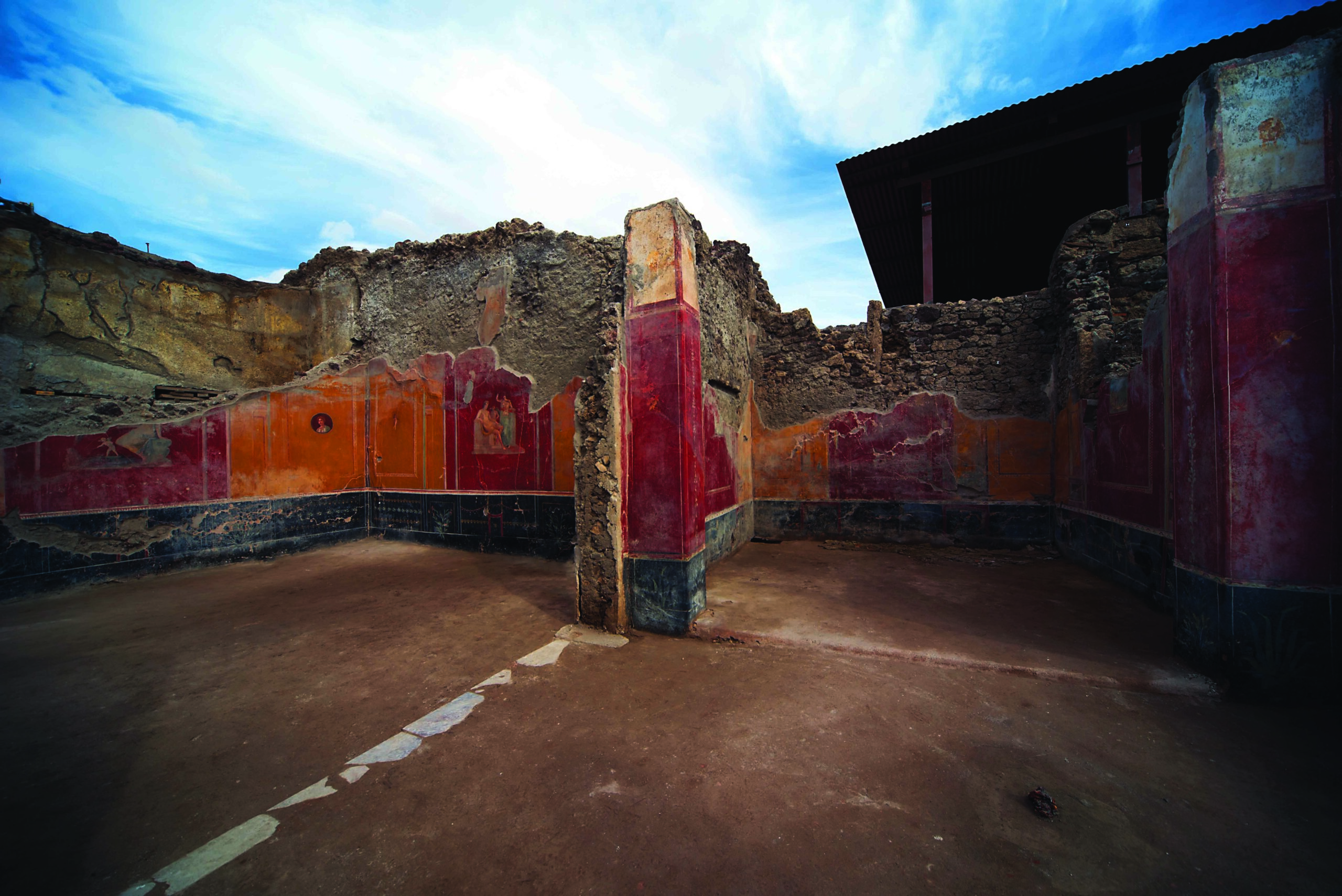WARSAW, POLAND—Researchers led by Piotr Dyczek of the University of Warsaw uncovered a fragment of an engraved bronze plate in a centurion’s home at a Roman fortress on the Danube River in what is now northern Bulgaria, according to a Science in Poland report. Beginning in the third century A.D., Rome recruited regional allies to defend its expanding borders with the promise of citizenship to those who enlisted and served for a minimum of 25 years. This engraved fragment was part of one of two bronze plates fastened together with a chain that made up the official document awarding citizenship to a veteran at the end of those 25 years. “Interestingly, not everyone could look inside the document, not even its owner, because each time after checking its content, officials would seal the chains,” Dyczek said, in order to prevent forgeries. Proof of citizenship would have allowed a veteran to hold public office, make money, and advance socially, Dyczek explained. Researchers hope to learn the veteran’s name and details of his life once the plate fragment has been cleaned. To read about a Roman villa in Bulgaria that was owned by a military veteran, go to "Mirror, Mirror."
1,700-Year-Old Bronze Document Found in Roman Fortress
News September 29, 2019
Recommended Articles
Digs & Discoveries March/April 2021
A Dutiful Roman Soldier
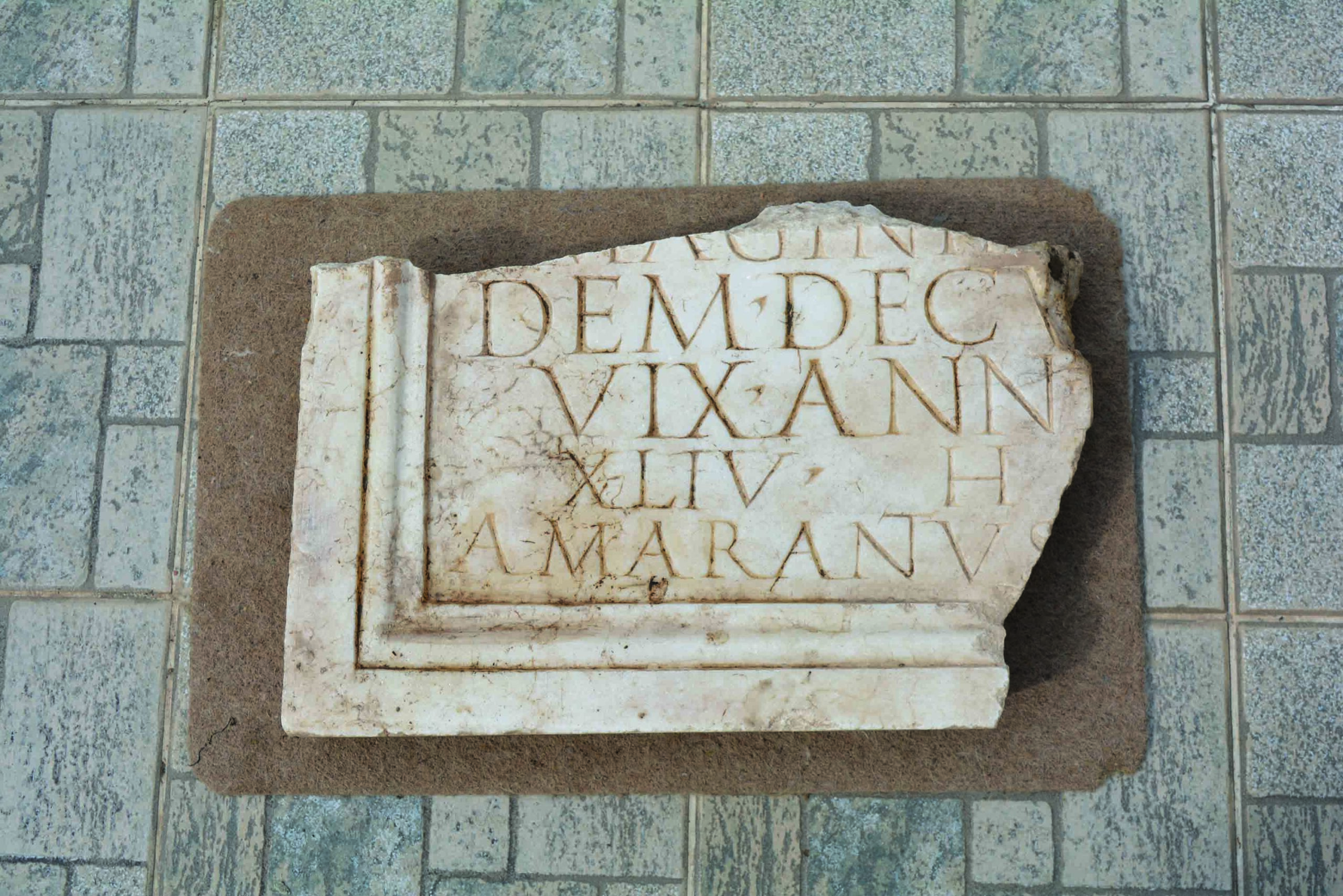
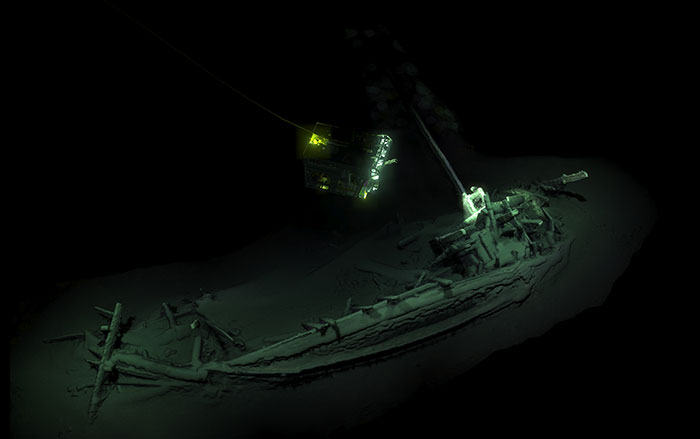
Digs & Discoveries July/August 2018
Mirror, Mirror
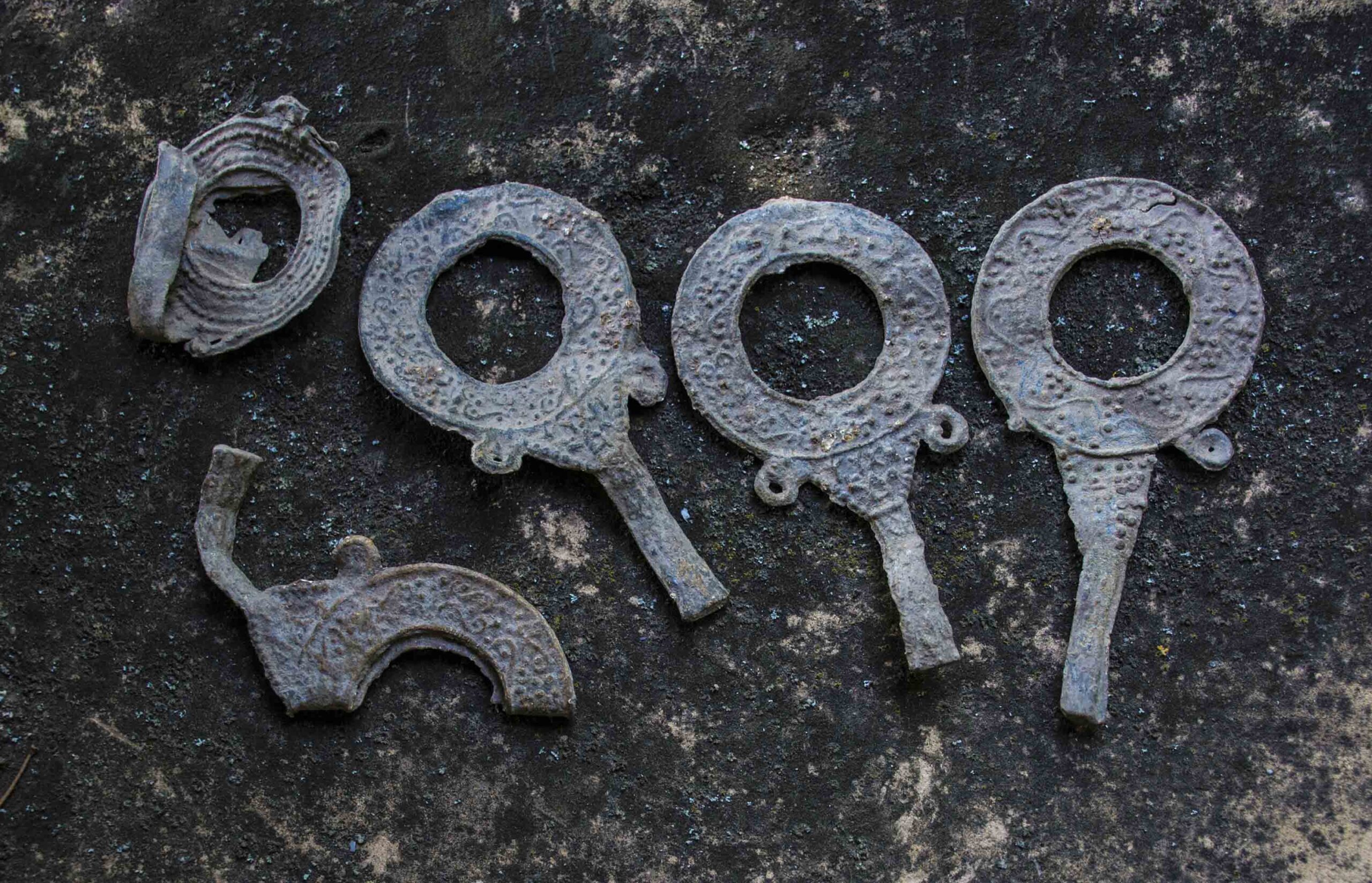
Digs & Discoveries November/December 2017
Iconic Discovery
-
Features July/August 2019
Place of the Loyal Samurai
On the beaches and in the caves of a small Micronesian island, archaeologists have identified evocative evidence of one of WWII’s most brutal battles
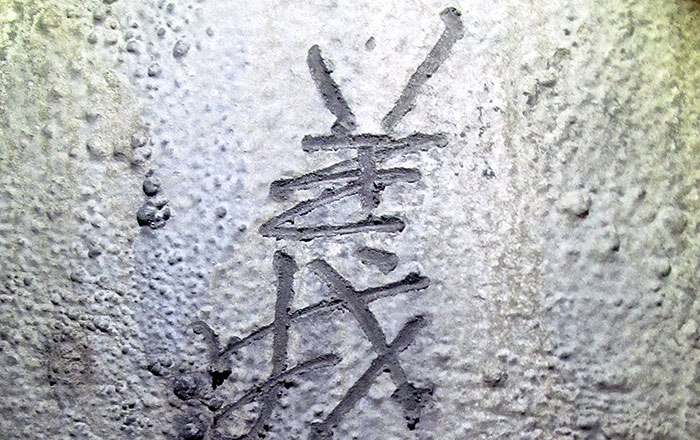 (Courtesy Neil Price)
(Courtesy Neil Price) -
Letter from England July/August 2019
Building a Road Through History
6,000 years of life on the Cambridgeshire landscape has been revealed by a massive infrastructure project
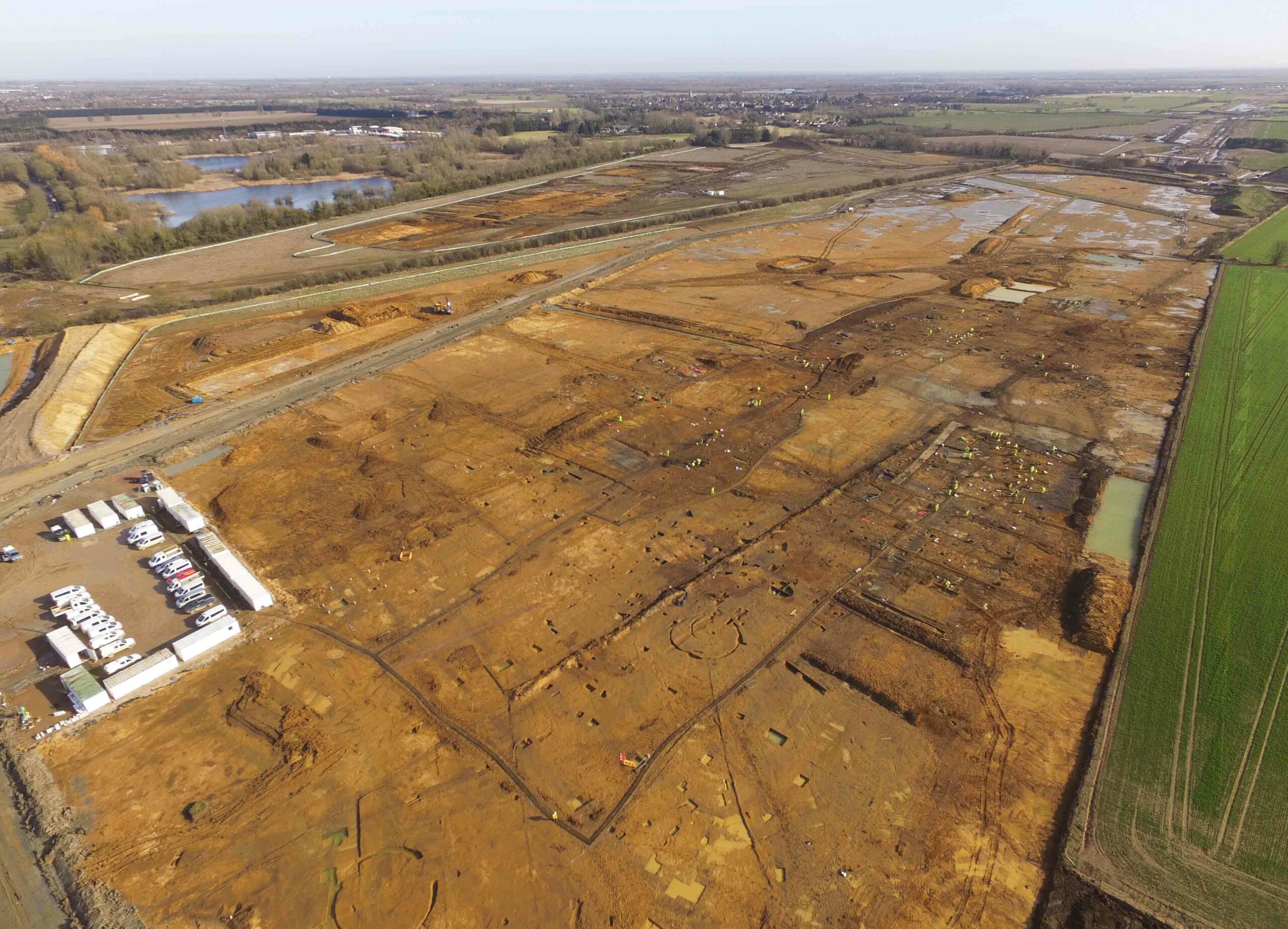 (Highways England, courtesy of MOLA Headland Infrastructure)
(Highways England, courtesy of MOLA Headland Infrastructure) -
Artifacts July/August 2019
Bronze Age Beads
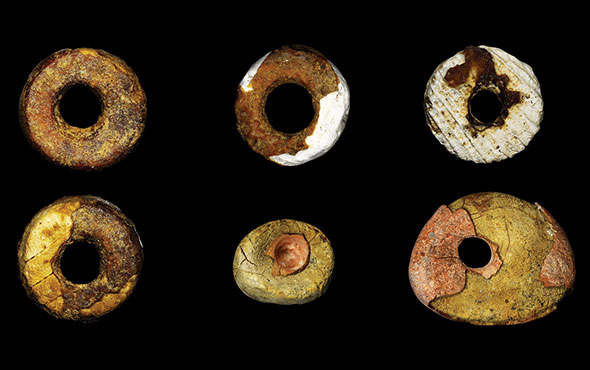 (Courtesy Carlos Odriozola)
(Courtesy Carlos Odriozola) -
Digs & Discoveries July/August 2019
You Say What You Eat
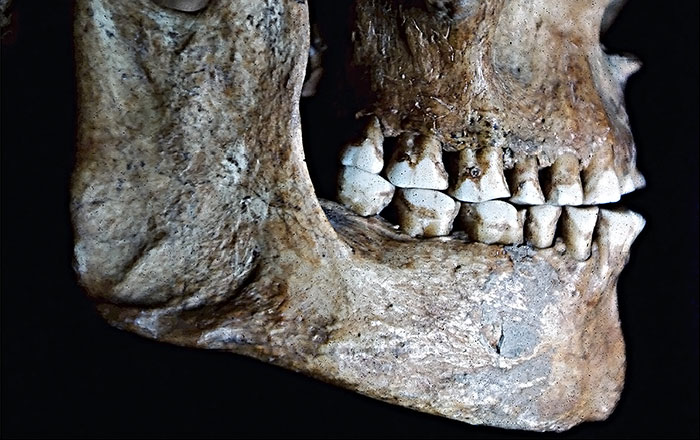 (Courtesy David Frayer, University of Kansas)
(Courtesy David Frayer, University of Kansas)


